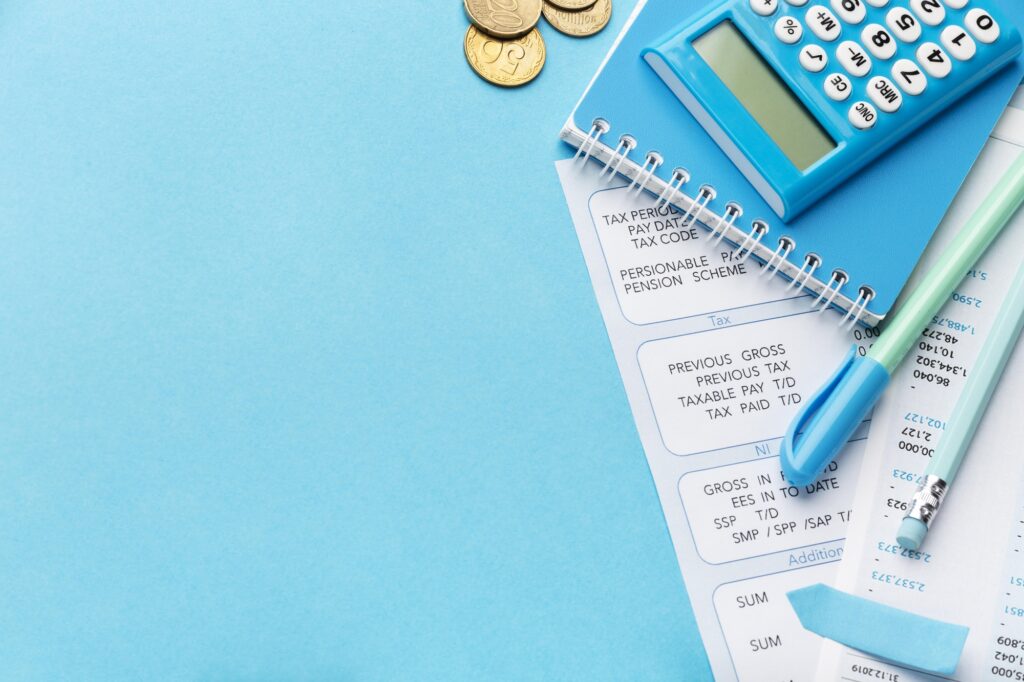
Frequently Asked Questions
Definitions
- Zero-Interest Loans: These are loans where the borrower is not charged any interest on the borrowed amount, provided the loan terms and conditions are met
- No-Interest Loans: This term is interchangeable with zero-interest loans, meaning the borrower only repays the principal amount without any additional interest charges, as long as the terms are adhered to
FAQs
Do I need a good credit score to get a zero-interest loan?
- Yes, zero-interest loans are typically only available to borrowers with excellent credit scores, often a FICO score of 740 or higher
What is the application process for a zero-interest loan?
- The process usually involves filling out an application form, either online or in person, and the lender will review your credit history, income, and other financial factors. Additional documentation like proof of income or employment may be required
What is the repayment schedule for a zero-interest loan?
- Borrowers must adhere to a rigid repayment schedule, often with monthly payments, and must pay off the loan within the specified interest-free period to avoid penalties and interest charges
What happens if I miss a payment or fail to pay off the loan within the promotional period?
- Missing a payment or failing to pay off the loan within the promotional period can result in the lender canceling the zero-interest provision, applying backdated interest, and charging late-payment penalties
How does deferred interest work on zero-interest loans?
- Deferred interest means that interest accrues in the background but is not charged as long as the balance is paid in full within the promotional period. If the balance is not fully paid, the borrower may be charged all the accrued interest retroactively
Are there any other fees associated with zero-interest loans?
- Yes, there can be application fees, late-payment penalties, and balance transfer fees, especially if using a zero-interest credit card to transfer debt
How do zero-interest loans affect my credit score?
- Applying for a new credit card or loan can result in a hard inquiry on your credit report, which can temporarily lower your credit score. Defaulting on a zero-interest loan can also damage your credit score
What can zero-interest loans be used for?
- These loans can be used for specific purposes such as financing a car, appliance, or other retail purchases. The usage may be restricted depending on the lender and type of loan
What is the financial burden after the promotional period ends?
- If the loan is not paid off within the promotional period, borrowers may face substantial payments and higher interest rates, which can be a significant financial burden.
What's the difference between deferred interest and zero interest?
- With zero interest, you'll never pay interest on your purchases during the promotional period. Deferred interest is trickier - if you don't pay the full amount by the end of the promotion, you'll be charged interest on your original purchase amount going all the way back to day one.
Are there government-sponsored zero interest loan programs?
- Yes! The government sometimes offers zero interest loans during emergencies or natural disasters, and for certain student loans. These programs are usually announced on government websites and local news.
How do I calculate monthly payments on a zero interest loan?
- It's super simple - just divide the total loan amount by the number of months in your promotional period. For example, if you borrow $1,200 for 12 months, you'll pay $100 per month.

